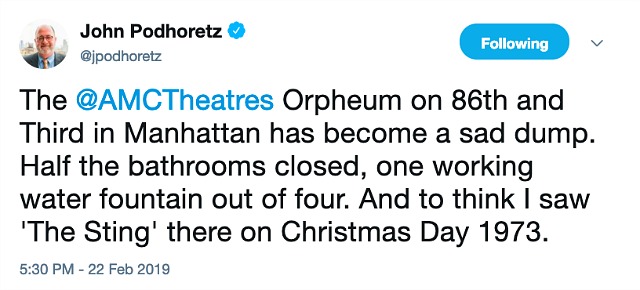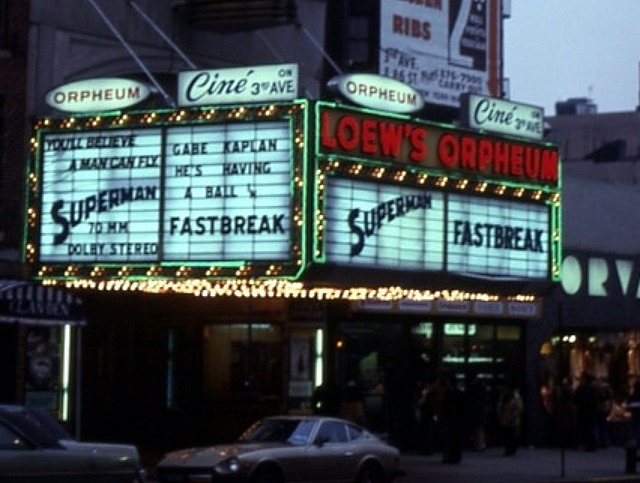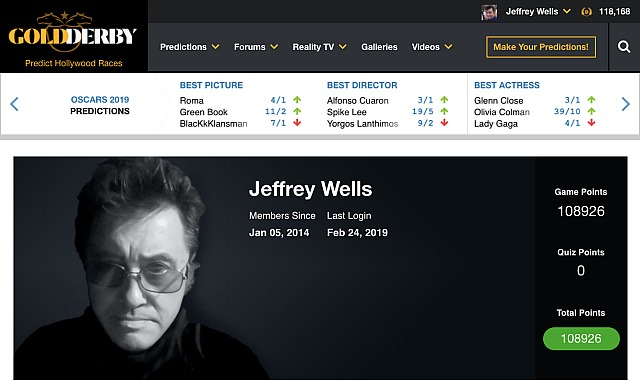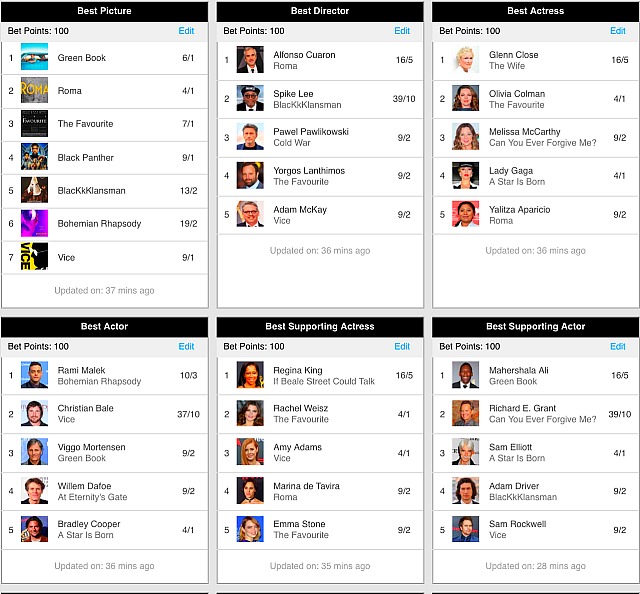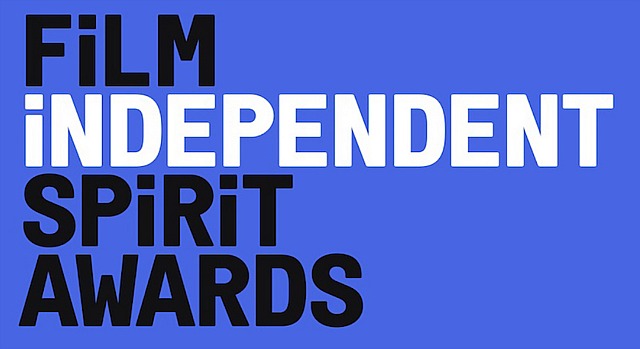There’s no questioning the oft-shared observation that Green Book, winner of the 2019 Best Picture Oscar, is less than Olympian in certain respects. It’s no one’s idea of a complex film, and it’s a long way from classic arthouse fare. It’s a smoothly assembled, well-acted period dramedy that’s based on a true story — a 1962 road trip that actually happened, and which is based on first-hand recollections of the men who shared this experience — the late Don Shirley and “Tony Lip” Vallalonga.
It’s a parent-child relationship film that’s mainly about the child (Viggo Mortensen‘s under-educated goombah chauffeur) finding it within himself to take a couple of steps toward even-handed adulthood and compassion. That’s all it is — nothing more.
Director Peter Farrelly and his collaborators went after a certain chemistry, a certain mood. It delivers a genuine feel-good vibe — one that I felt in my gut when I first saw it last September in Toronto — and although it was clearly made in a familiar, carefully measured, commercially calculating sort of way, Green Book deals honest, upfront cards. The stellar lead performances by Mahershala Ali and Viggo Mortensen close the sale.
Alas, the p.c. left tried to kill Green Book over and over. Ask anyone in the Oscar-strategizing business — it was one of the ugliest attempted takedown campaigns in Hollywood history.
But Academy members, to their eternal credit, told the haters to stuff it. It’s not that I think Green Book is an especially brilliant or mesmerizimg film, or that it delivers a profoundly meaningful subcurrent or after-vibe or what-have-you, but the tears of joy that came to my eyes when it won are about the glorious decision by Academy voters to tell the Stalinist lefties and p.c. virtue–signallers to go fuck themselves…that they like or love what Green Book is about and how it made them feel, and to hell with the snooties.
For this reason alone this is a very happy night for Hollywood Elsewhere. The Academy flipped the bird to the haters, and that, to me, is a fairly wonderful thing.
For the record: Yesterday Tatyana predicted with absolute confidence that Green Book would take the Best Picture Oscar. She has a pretty good track record, so I just thought I’d mention this.
She also told me months ago that Cold War, which she loves, will never win the Best Foreign Language Oscar. Because, she said, “Americans are unable to understand what it was like to live under Communism, and the fear that ruled the lives of the two lovers (played by Joanna Kulig and Tomasz Kot) and penetrated their psyches. Cold War was a huge success with the European Film Awards voters (Best Picture, Director, Actress, et. al.) but not as much over here. Kulig’s character, Zula, is fueled by passion but deep down is a Slavic woman, a woman who wants to feel protected by her male partner. As much as she’s chemically attracted to Kot’s musician character, he didn’t make her feel this way.”
That “Green Book” wins best picture #Oscars like … pic.twitter.com/vCoOEysNLY
— It’s Mueller Time (@BookHookah) February 25, 2019

